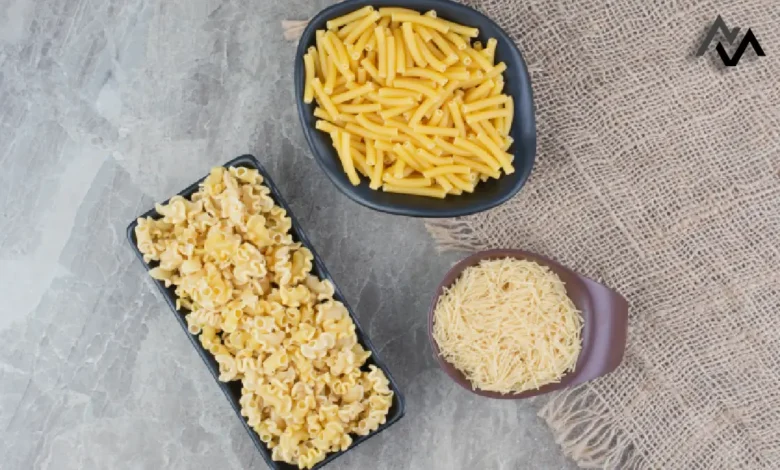Rice vs. Pasta: A Nutritional Comparison

Rice and pasta are staple foods worldwide, each offering unique nutritional benefits. Understanding their differences can help you make informed dietary choices.
Nutritional Profiles
Carbohydrates and Calories
Both rice and pasta are rich in carbohydrates, essential for energy. Brown rice contains approximately 78 grams of carbohydrates per 100 grams, while whole-grain pasta has about 71.5 grams. In terms of calories, brown rice provides around 360 calories per 100 grams, slightly higher than whole-grain pasta’s 357 calories.
Fiber Content
Dietary fiber is crucial for digestive health. Whole-grain pasta offers a higher fiber content, with 10.7 grams per 100 grams, compared to brown rice’s 4 grams.
Protein Levels
Protein is vital for muscle repair and growth. Whole-grain pasta contains about 12.5 grams of protein per 100 grams, surpassing brown rice’s 8 grams.
Health Implications
Glycemic Index
The glycemic index (GI) measures how quickly foods raise blood sugar levels. Whole grains like brown rice and whole-grain pasta have lower GIs compared to their refined counterparts, promoting better blood sugar control.
Gluten Content
Rice is naturally gluten-free, making it suitable for those with gluten sensitivities or celiac disease. In contrast, traditional pasta contains gluten, though gluten-free pasta options are available.
Choosing the Right Option
Dietary Goals
- Weight Management: For lower calorie and carbohydrate content, rice comes out on top.
Digestive Health: Whole-grain pasta’s higher fiber content supports digestion and prolongs satiety. - Protein Intake: Pasta’s higher protein content can aid in muscle recovery and growth.
Culinary Uses
Both rice and pasta are versatile. Rice complements dishes like stir-fries and curries, while pasta pairs well with various sauces and proteins.
Conclusion
Both rice and pasta can be part of a balanced diet. Your choice should align with your nutritional needs and health goals. Opting for whole-grain versions of either can enhance fiber intake and provide additional health benefits.




